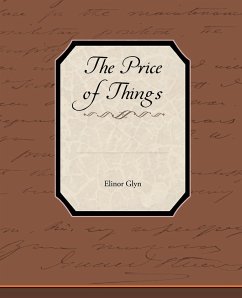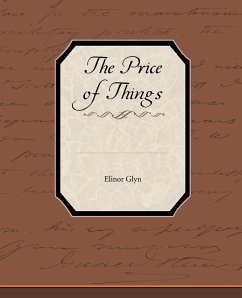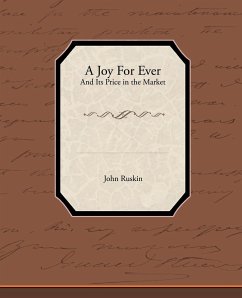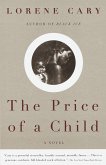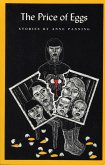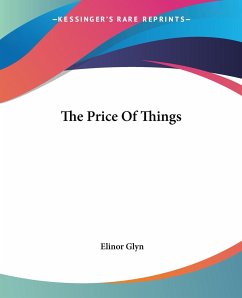I wrote this book in Paris in the winter of 1917-18 -- in the midst of bombs, and raids, and death. Everyone was keyed up to a strange pitch, and only primitive instincts seemed to stand out distinctly. Life appeared brutal, and our very fashion of speaking, the words we used, the way we looked at things, was more realistic -- coarser -- than in times of peace, when civilization can re-assert itself again. This is why the story shocks some readers. I quite understand that it might do so; but I deem it the duty of writers to make a faithful picture of each phase of the era they are living in, that posterity may be correctly informed about things, and get the atmosphere of epochs. The story is, so to speak, rough hewn. But it shows the danger of breaking laws, and interfering with fate -- whether the laws be of God or of Man.

